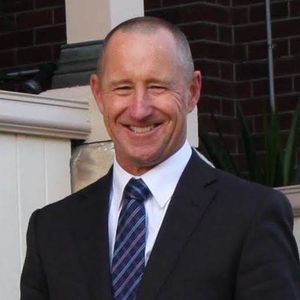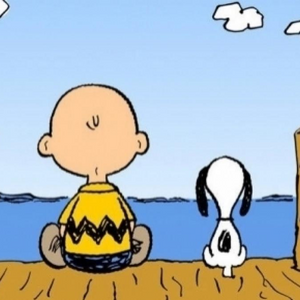Sex Education in a ‘Readily Available Pornography Cyberworld’ - Part 2
“I know if you want to see those pictures you're going to figure out how to do it.
I could take away every computer in the house and every phone and it wouldn't make a difference. Here's why I don't want you to watch porn.
It brings you into a really complicated world where you’re being exposed to really messed up images and messages about how men and women interact sexually... It's a performance where women are supposed to look a certain way and to always like whatever the guy wants to do, and the guy never cares about the women he's with.
I think you deserve to have more accurate information than what you see there. You also have the right to have information about sex in a way that is accurate and appropriate for you. If you have questions about sex, I want you to ask me or another adult, who we both think is a good person, to answer your questions.”
Now that I have your attention, I’ll let you know that the above script was provided by Rosalind Wiseman (renowned author and speaker on children and parenting) as she prepared to speak with her 10 and 12 year old children about pornography.
How can parents help?
The linked webpage, from the Government eSafety website, provides some excellent advice and resources for parents. For children between the ages of 5-12, they recommend not providing too much information.
“You do need to protect your child by discussing what has happened. But you also want to avoid getting into territory that may make them more curious. Keep the discussion open, especially with younger children, answering questions honestly but briefly. Then ask, ‘What other questions do you have?’ or ‘Does that explain it enough?’”
However, sexual learning is important and includes two parts:
- the physical details of love making;
- and the much bigger issue of attitudes and values.
Physical details
- The practical aspects of sex should be covered in conversations and explanations with your child from an early age (in an appropriate way).
Attitudes and values
- The really potent perspective about sex is the attitude you take to it. This has to come from parents and the adult community. If you don't talk about sex (and right and wrong), boys will take their values from friends, TV and online.
- Be clear with your boys that there is good sex (respectful, happy, close and careful) and bad sex (using others selfishly).
- Boys need to be told that love is powerful stuff! It has to be handled with care and always with respect for the other person.
- If we are really clear with our sons about our ethical standards and how to treat people, then they will be better able to apply these standards to their own online lives.
It is important to demand maturity - with good humour. If you notice your sons sniggering or reacting in a silly way to an incident on TV or in the conversation, don't just let it go - ask them about it and fill in their understanding. Try to end with a joke or a laugh - give things a positive spin. The antidote to creepiness is an infusion of warmth, humour and openness.
Difficult as you find it, it's important to talk calmly and reasonably about this:
- that there is weird pornography about;
- that it's harmful to keep looking at;
- and you want him not to do that.
If significant men - especially dads, trusted uncles and grandfathers, as well as mothers - talk to their boys openly and listen to their problems, there is a better chance that the boys will carry these skills into their peer group. Boyhood is the time when positive words and honour from parents and friends can make a boy brave and self believing enough to become an exceptional partner for life.
Pornography can be very tempting, and some of his peers will probably urge him to “look at this”. A boy who can say, “No thanks, that stuff messes with your head”, is going to be the one who finds that his real-life relationships are a whole lot better and happier.
We need to help our boys critically analyse porn’s messages and help them understand what they are seeing does not reflect reality. We also need to help empower them to navigate their highly sexualised world, resist unwanted sexual activity, and seek relationships based on respect, and authentic human connection.
Peter Grimes | Headmaster
References:
Government eSafety website - Online Porn
Rosalind Wiseman (2013) ‘Masterminds Wingmen’
Steve Biddulph (2018) 'Raising Boys in the 21st Century'
Dr Arne Rubenstein (2013) 'The Making of Men - Raising boys to be happy, healthy and successful'













